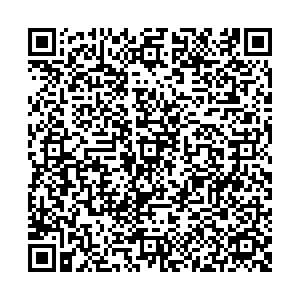The Effectiveness of the Smart Board and the Obstacles of its Use from the Viewpoint of Buseira Schools Teachers in Jordan
DOI:
https://doi.org/10.25255/jss.2023.12.3.52.64الكلمات المفتاحية:
Educational Technology، Smart boardالملخص
The study aims to identify the effectiveness and constraints of the use of the smart board from the perspective of the teachers of Buseira schools, and the effect of both specialization and years of service in the responses of the teachers. The study consists of (36) randomly chosen teachers. To answer the questions of the study, a questionnaire was prepared. It consisted of (28) paragraphs in two fields. The first is related to the effectiveness of the smart board. The second is related to the constraints of using the smart board. After verifying validity and stability, the results showed that there is a statistical significance and a high positive attitude towards the effectiveness of the smart board.Results also showed a weakness in the use of the Smart board due to the presence of some obstacles. Results also showed that there are no statistical differences in the attitudes of the effectiveness of the smart board and its constraints, Specialization, and years of service).The researcher recommended the need to encourage teachers to use the smart board, and holding training courses for teachers to identify the skills use of the smart board.
التنزيلات
المراجع
Al-Faki,I., Khamis,A. (2014). Difficulties Facing Teachers in Using Interactive Whiteboards in Their Classes, American International Journal of Social Science, 3( 2),136-158
Bahadur,G. (2013). Interactive whiteboard for primary schools in Mauritius: An effective tool or just another trend? International Journal of Education
and Development using Information and Communication Technology (IJEDICT), (9) 1, 19-35.
Bonner, J., & Lee, D. (2012). Blended learning in organizational settings. Information Technology and Application in Education. 1(4): 164-172.
Ertmer, P. & Ottenbreit-Leftwich, A. (2010). Teacher technology change: How knowledge, confidence, beliefs, and culture intersect. Journal of Research on Technology in Education, 42(3), 255-284.
Campbell, C. (2010). Interactive whiteboards and the first year experience: Integrating IWBs into pre-service teacher education. Australian Journal of Teacher Education, 35(6), 67–75.
Ishtaiwa, F. & Shana, Z. (2011). The use of interactive whiteboard (IWB) by pre-service teachers to enhance Arabic language teaching and learning. Learning and Teaching in Higher Education: Gulf Perspectives, 8(2), 1-18.
Rahman, H.(2014). The Role of ICT in Open and Distance Education, Turkish Online Journal of Distance Education, 15 (4), 162-169.
Winzenried, A., Dalgarno, B. & Tinkler, J. (2010). The interactive whiteboard: A transitional technology supporting diverse teaching practices. Australasian Journal of Educational Technology, 26(4), 534-552.
Yapici, U., Karakoyun, F. High school students’ attitudes towards smart board use in Biology classes. Educational Research and Reviews, 11(7), 459-465.

التنزيلات
منشور
كيفية الاقتباس
إصدار
القسم
الرخصة
الحقوق الفكرية (c) 2023 Jehan H. AL-Safasfeh, Doha I. Al-Tarawneh

هذا العمل مرخص بموجب Creative Commons Attribution-NonCommercial-NoDerivatives 4.0 International License.

